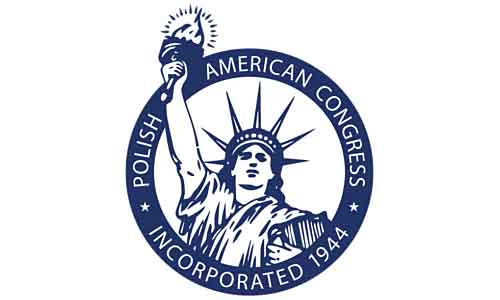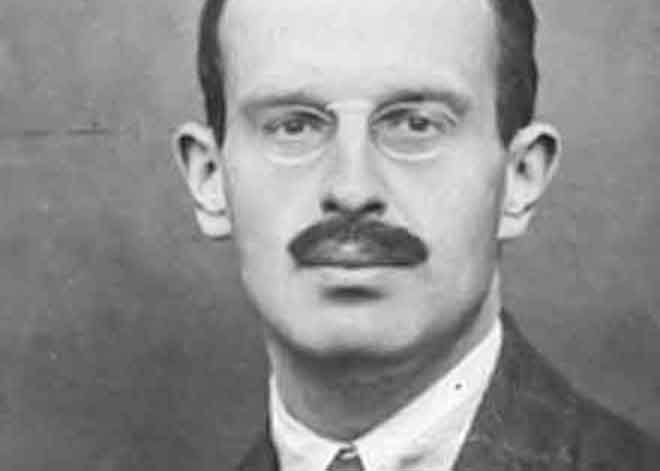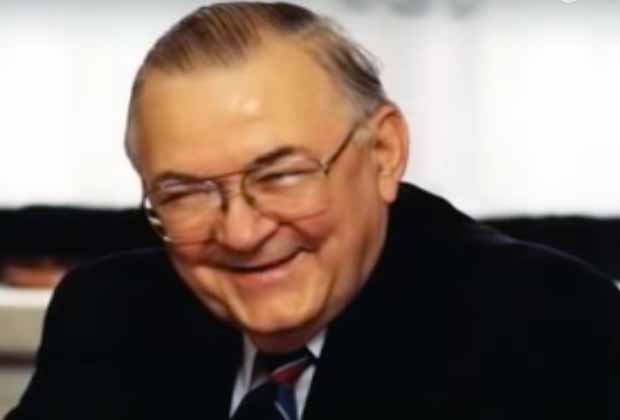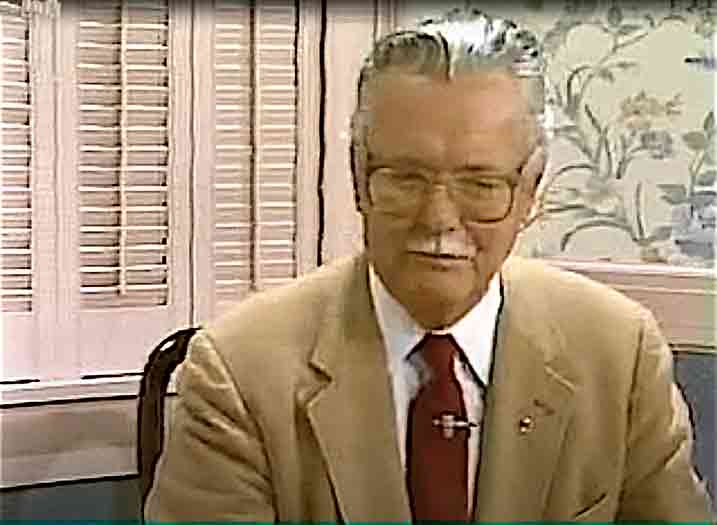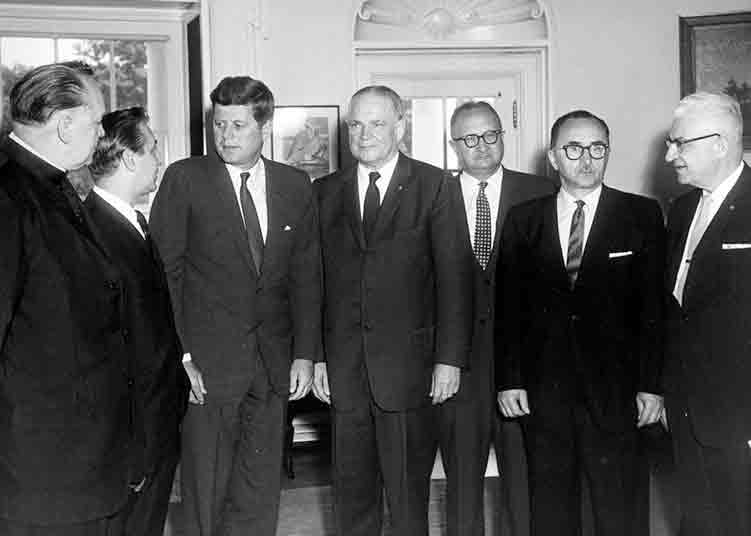In today's interview Kuryer Polski hosts prof. Donald Pienkos. Donald Edward Pienkos is Emeritus Professor of Political Science at the University of Wisconsin, Milwaukee. He is a Polish American historian specializing in political science and the history of the Polish American community. He was a witness and the creator of history, especially involved in the cause of Poland's accession to NATO.
Prof. Pienkos was, for many years, the President of the Polish American Congress (PAC) in Wisconsin, advisor to the President of the PAC, Edward Moskal, on Poland's accession to NATO. In November 2010, he received the Officer's Cross of Merit from the President of the Republic of Poland. He has represented the state of Wisconsin in the PAC national government for many years. He is one of the most important leaders of the Polish community in the USA.
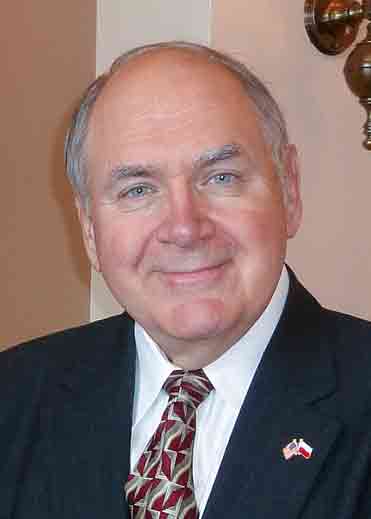
The interview with Prof. Pienkos was conducted by Waldemar Biniecki, Editor-in-Chief of «Kuryer Polski».
Waldemar Biniecki: You are the most prominent expert in the history of the Polish community in America, you have written many books on this subject published by prestigious American publishing houses. Let us list here: Pienkos, Donald E. – multiple submissions, „Polish American encyclopedia”; Ed. Pula, James, Biskupski, M.B.B., Galush, William E., Jaroszynska-Kirchmann, Anna D., Napierkowski, Thomas J., Pease, Neal, Pienkos, Donald E., Pula, Cheryl and Radzilowski, John, McFarland Publishers, (2011); and Pienkos, Donald E. "Polish American Congress, Polish Americans and the Anti-Communist Policy". "Anti-Communist Minorities in the USA", ed. Zake, Ieva, Palgrave-Macmillan (2009), "For Your Freedom Through Ours: Polish American Efforts on Poland's Behalf, 1863-1991", and many others.
Are these titles available in Poland? Do Poles in Poland and in the world know about the merits of the American Polonia?
Professor Donald Pienkos: Your introduction is extravagant but nice to read! First of all, I want to point out that we are fortunate to have a number of scholars doing excellent writing about the Polonia and its members’ ties to Poland. Let me mention several of them here.
The prolific James Pula is responsible for The Polish American Encyclopedia. Every informed Pole and Polish American should know and use this invaluable publication. Richard Lukas has written a series of outstanding histories on World War II era Polonia and Poland. There is Anna Jaroszynska-Kirchmann, editor of the journal Polish American Studies, and John Radzilowski. In Poland, the dynamic Anna Mazurkiewicz of the University of Gdańsk is doing wonderful work.
I don’t know whether my major publications are available in Poland. I have articles in Przegląd Polonijny and recent ones, in the European Journal of Transformation Studies, on international relations’ expert Zbigniew Brzezinski and on Polish voters in American presidential elections. My essay on the Polish American Congress (Kongres Polonii Amerykańskiej) is in Polish Wikipedia.
I believe that few Poles appreciate the great story of American Polonia. Many know some things because they have relatives who emigrated to the United States. But knowing about the the saga of organized Polonia’s amazing work for the freedom and wellbeing of Poland’s people over the past 140 and more years is something else!
Why is this so? One reason is that, for 44 years, the policy of the Communist regime was to suppress and misrepresent knowledge of the Polonia because of its organizations’ opposition to the Soviet domination of Poland. As a result, two generations of Poles could not learn the truth from the regime-run media or in the schools. Climbing over such a high wall was very difficult!
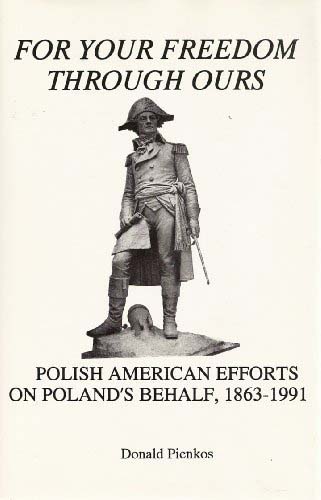
Cover of 1992 book For Your Freedom Through Ours (East European Monographs) [Fair use]
Here is a second reason. Many Poles ask, "Are Americans of Polish ancestry really Polish or not?” After all, most don’t speak Polish. Few have ever been to Poland. Many do not know much about Poland, past or present. But here they make a mistake. Of the 10 million and more Americans of Polish origin, some are interested in learning more about their immigrant roots and about Poland. Here, much more needs to be done to cultivate this interest. Why? Because so many in Polonia can be a genuine resource in building understanding about Poland among their fellow Americans! Now who should be doing more? Poland! Working with our cultural groups and educators.
Waldemar Biniecki: We have a lot of evidence of the help of the Polish diaspora, first in the work of regaining independence by Poland, i.e., substantive help of the Polish diaspora in the form of a memorandum on regaining independence by Poland, which was created in several stages from 1910 and addressed to President Wilson by Jan Ignacy Paderewski. Could you briefly expand on this issue?
Professor Donald Pienkos: This is a great question! Let’s start with some ‘ancient history’! Back in 1880 when there were just 500,000 Polish immigrants in America, only one percent of our population, some dedicated people created the Polish National Alliance or Związek Narodowy Polski. Their Alliance had two aims — improving the lives of the immigrants and uniting them to support partitioned Poland’s independence.
The Alliance grew to 100,000 members by 1914, and 350,000 by 1965. And it has not only been true to its original aims, but it has also worked with many other Polonia organizations in supporting the Polish people’s wellbeing and their struggle for freedom.
In America, the combined efforts of Polonia have meant more than a thousand beautiful parish churches, hundreds of cultural groups, fraternal aid societies, newspapers, and even some museums and publishing houses. Through the voluntary efforts of Polonia, we have dozens of monuments dedicated to Kosciuszko and Pulaski, Mikolaj Kopernik, Chopin, and other “greats”. All make known the Polish presence in America.
Then there are the Polonia organizations’ achievements for Poland. In World War I they worked closely with the great patriot Ignacy Paderewski to win President Wilson’s support for Poland’s rebirth. In World War II the American Polonia Council (Rada Polonii Amerykańskiej) led by Francis Swietlik did monumental work on behalf of Polish refugees, orphans, and prisoners of war. The Polish American Congress lobbied for a free post-war Poland and remained committed to this goal in the years after. It has done so much more too, like bringing thousands of Polish refugees to America after the War. In the 1990s the Polish American Congress played a key role in persuading the United States government to admit Poland into NATO, something I saw for myself. And this support continues today. Pretty amazing isn’t it! Yet all too little known!
Waldemar Biniecki: No other diaspora in the history of the world has sent volunteers to go overseas and fight for a free Poland. Do Poles in Poland appreciate this fact? What is the current state of knowledge about the "Blue Army" in Poland?
Professor Donald Pienkos: In April 1917, just days before the United States entered World War I against Germany, Paderewski was in Pittsburgh where he addressed the convention of the Polish Falcons Alliance. There he called on the Falcons to lead Polonia in creating a “Kościuszko Army” in America to fight alongside the United States and help Poland regain its freedom. And this Army came to be! Led by General Haller in France and then in Poland, this Błękitna Armia (the color of its uniform) included 21,000 Poles from America. When they arrived in Poland in 1919, Marshal Piłsudski greeted them filled with emotion. Over the next year, 1,500 of them gave their lives for Poland. Those who returned to America created their own veteran’s association — Stowarzyszenie Weteranów Armii Polskiej (SWAP). They later created a special medal to honor their members’ service. Paderewski’s profile is on one side and the battles they fought in France and Poland are on the other. Thanks to a great veteran from World War II, Mr. Tadeusz Cisek, I was generously awarded this beautiful and cherished medal a few years ago!
Waldemar Biniecki: You were a witness to history, and you were creating it at the same time. How was the lobbying action in the United States to include Poland in NATO? In Poland, it is recently claimed that the 9 million signatures under the petition on Poland's accession to NATO are a fact slightly exaggerated by the Polish diaspora. What do you say to that?

President Bill Clinton welcomes the President of the PAC, E. Moskal, to the White House. On the left, Director Jan Nowak-Jeziorański. In the middle, prof. Donal Pienkos from Milwaukee (from the collection of Prof. Pienkos)
Profesor Donald Pienkos: I will not engage in trivial debates. I know what I saw for myself as a participant in the Polish American Congress’ concerted effort to win President Clinton’s support to bring Poland into NATO. I took part in meetings of the Polish American Congress where we decided to work for this cause. I was a participant in the historic meeting of Polish, Czech, Hungarian, and Slovak Americans with representatives of President Clinton in Milwaukee, Wisconsin in January 1994. There, PAC President Moskal played a powerful role advocating for Poland’s entry into NATO. That March I took part in the White House meeting with President Clinton where the President told us that the “the door to NATO expansion is open.”
In December 1994, I was at the Congress’ 50th Anniversary gathering in Buffalo, New York. This massive event was attended by President Walesa, U.S. Ambassador to the United Nations Madeleine Albright, and many other national leaders from Poland and the United States. There I took part in a meeting with Madame Albright on the process of NATO expansion. In 1999, following the admission of Poland, Hungary, and the Czech Republic into NATO, I was at the Polish Embassy where President Moskal and the Polish American Congress were singled out for special recognition. And it’s all in my article, “Witness to History,” in The Polish Review, published in 1999.
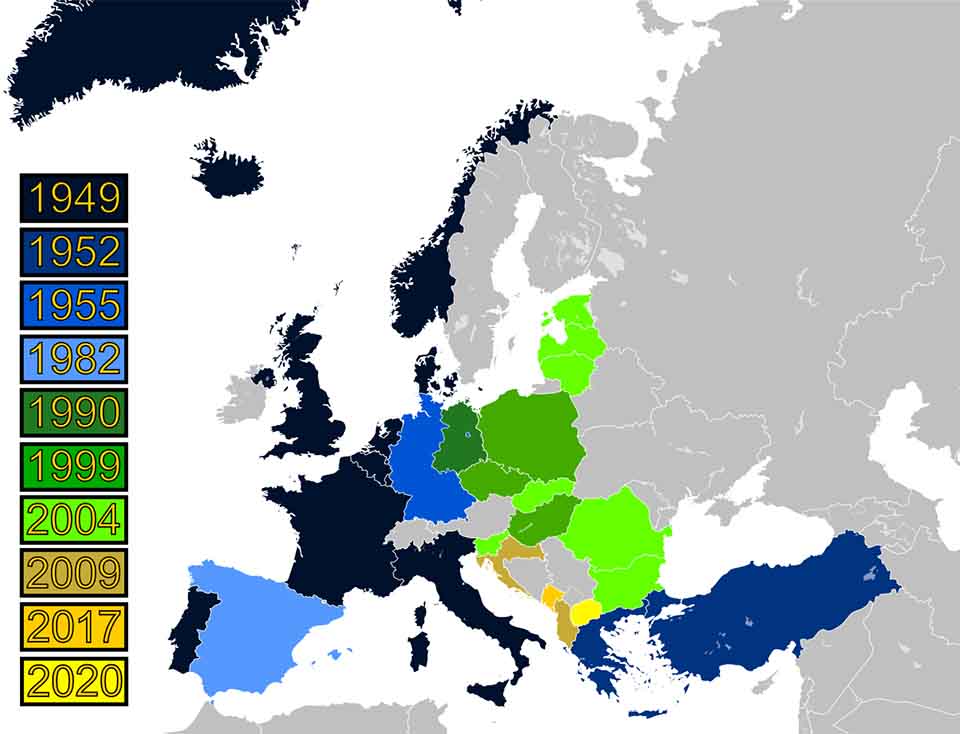
The history of NATO (Source: Wikipedia)
Waldemar Biniecki: Does Poland still need the Polish diaspora and does the Polish diaspora need Poland?
Profesor Donald Pienkos: American Polonia has played and continues to play a special role In United States relations with Poland. Today, this role must focus on educating Polish Americans and all Americans, including their leaders, about Poland, a true ally of the United States and a country whose citizens share so much in common with Americans.
Let me here quote from Prof. Piotr Wandycz of Yale University’s outstanding work, "The United States and Poland.” While he wrote, back in 1980 — before the birth of Solidarity, before Pope John Paul II’s impact on Poland could be known, before martial law, before the election of June 4, 1989 and the creation of the Polish Third Republic — his words remain food for thought.
It is quite evident that the Polonia or its most articulate and active members constitute an important although thus far not decisive factor in American-Polish relations … But all difficulties not- withstanding, the actual and especially the potential role of the Polonia as a bridge between the two countries should not be underestimated.
And Yes, a vital Polonia needs a close relationship to the cultural treasure house that is Poland, just as Poland can only benefit from a vital Polonia.
Waldemar Biniecki: Bardzo dziękuję! (Thank you very much)





